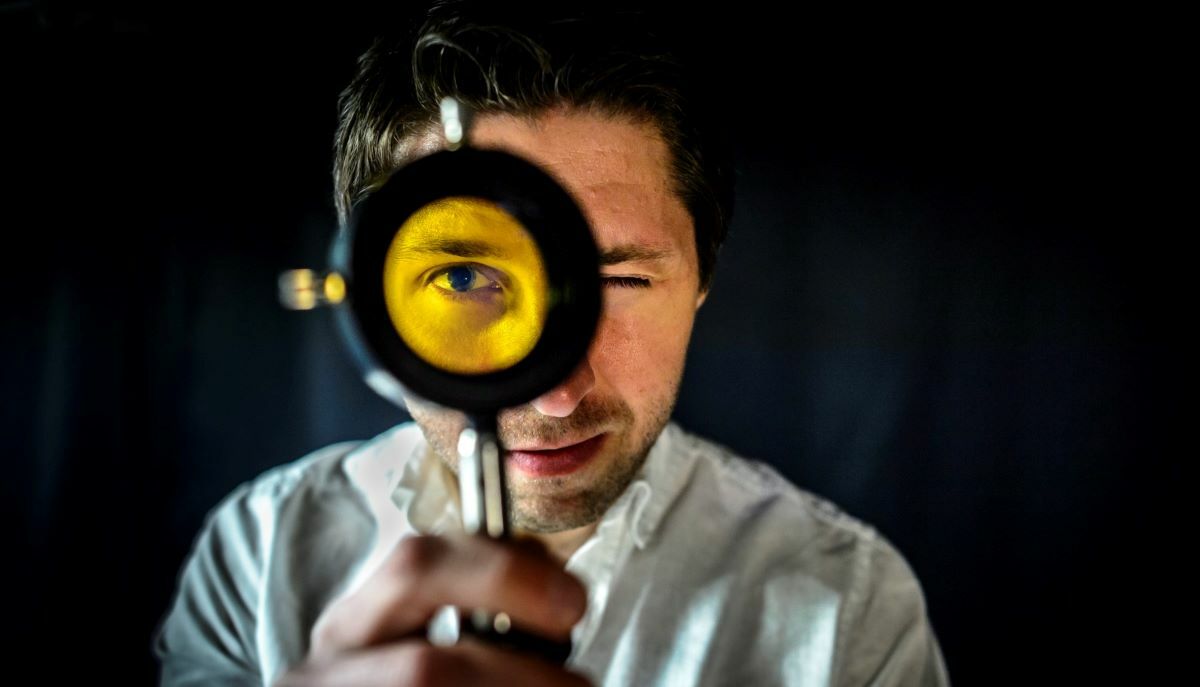Doctoral student at the Division of Computational Chemistry - Hiring in process/Finished, not possible to apply
This advert is not available!
Lund University, Faculty of Science, Department of Chemistry (Nfak)
Lund University was founded in 1666 and is repeatedly ranked among the world’s top universities. The University has around 47 000 students and more than 8 800 staff based in Lund, Helsingborg and Malmö. We are united in our efforts to understand, explain and improve our world and the human condition.
Lund University welcomes applicants with diverse backgrounds and experiences. We regard gender equality and diversity as a strength and an asset.
Subject description
At the division of Computational Chemistry (former division of Theoretical Chemistry) we study Statistical Thermodynamics, Suspension Dynamics, and Quantum Chemistry. While we have a strong focus on fundamental research and the development of approximate theories and computational tools, our methods are applied to a variety of systems such as clay, cement, dental environments, wood fibers, dairy products, ionic liquids, electrochemical devices, solar cells, enzyme function, and the desalination of sea water! Research within this area entails the development of and/or application of Quantum Chemical or Statistical-Mechanical model systems, and processes. These methods are utilised to interpret and illuminate observations and issues, mainly within the fields of Surface Chemistry, Polymer Science, Biochemistry, Material Science, Intermolecular Interactions, Electrochemistry and Spectroscopy. In this particular project, there is an emphasis on the development and use of Statistical-Mechanical methods, with possible “Blue Engine” applications, resulting in an efficient way to harness electric energy from salt concentration differences at river mouths. The PI for this project is Jan Forsman, who is a professor of Theoretical Chemistry. For more information, see:
https://portal.research.lu.se/sv/persons/jan-forsman
The project is funded by the Swedish Research Council, who supports fundamental research of highest quality.
Work duties
Studies of phase transitions, phase equilibria, surface forces, and electrochemical properties, for various model systems, with an emphasis on ionic liquids, salt solutions and polymeric fluids. The work includes development of simulation methods and classical (Statistical-Mechanical) Density Functional Theory (note: NOT Quantum Mechanical DFT), as well as numerical implementation of these, using our own (self-written) computer codes. The research is mainly theoretical, but may possibly include a minor part of experimental work. While focus will be on fundamental research, there are possible relevant applications, such as desalination of sea water, as well as the reverse process, i.e. harvesting electric energy by mixing sea and river water (“blue energy”). These are not novel processes, but we have ideas for substantial improvements of their efficiency. Progress is reported at conferences, and as research articles, in scientific journals.
The main duties of doctoral students are to devote themselves to their research studies, which includes participating in research projects and third cycle courses. The work can also include teaching and other departmental duties (no more than 20%).
Admission requirements
A person meets the general admission requirements for third-cycle courses and study programmes if he or she:
- has been awarded a second-cycle qualification, or
- has satisfied the requirements for courses comprising at least 240 credits of which at least 60 credits were awarded in the second cycle, or
- has acquired substantially equivalent knowledge in some other way in Sweden or abroad
A person meets the specific admission requirements for third cycle studies in Theoretical Chemistry if he or she has completed courses comprising
- at least 120 credits Chemistry, out of which at least 30 credits were awarded as an exam project at an advanced level
OR
- at least 60 credits Physics and 60 credits Mathematics
The specific requirements can also be obtained via other educations, resulting in a corresponding competence. This will be assessed on an individual basis.
Additional requirements:
- Very good oral and written proficiency in English.
Assessment criteria
Selection for third-cycle studies is based on the student’s potential to profit from such studies. The assessment of potential is made primarily on the basis of academic results from the first and second cycle. Special attention is paid to the following:
Knowledge and skills relevant to the thesis project and the subject of study. An assessment of ability to work independently and to formulate and tackle research problems. Written and oral communication skills Other experience relevant to the third-cycle studies, e.g. professional experience.
Other assessment criteria:
Documented experiences within the following fields are considered as strong merits:
- particle simulations
- programming, preferably programming for scientific calculations
- utilisation of Statistical-Mechanical theory, including suitable approximations
- applications of mathematical tools on theoretical model systems
Consideration will also be given to good collaborative skills, drive and independence, and how the applicant, through his or her experience and skills, is deemed to have the abilities necessary for successfully completing the third cycle programme.
Terms of employment
Only those admitted to third cycle studies may be appointed to a doctoral studentship. Doctoral studentships are regulated in the Higher Education Ordinance (1993:100), chapter 5, 1-7 §§.
Instructions on how to apply
Applications shall be written in English and include a cover letter stating the reasons why you are interested in the position and in what way the research project corresponds to your interests and educational background. The application must also contain a CV, degree certificate or equivalent, and other documents you wish to be considered (grade transcripts, contact information for your references, letters of recommendation, etc.).
| Type of employment | Temporary position |
|---|---|
| Salary | Monthly salary |
| Number of positions | 1 |
| Full-time equivalent | 100 |
| City | Lund |
| County | Skåne län |
| Country | Sweden |
| Reference number | PA2023/1035 |
| Contact |
|
| Union representative |
|
| Published | 30.Mar.2023 |
| Last application date | 30.Apr.2023 |

